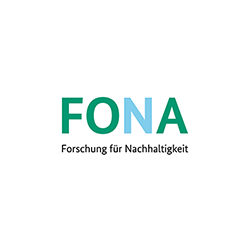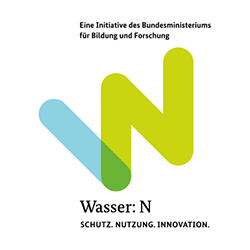Sustainable water management concepts for Germany by using innovative monitoring strategies
Brief description
Despite the sufficient water supply, there is an almost nationwide need for optimization of groundwater use in Germany due to the high degree of water utilization. The management of groundwater aquifers must therefore be made more efficient. The aim of the proposed project is to develop and use innovative process and source indicators as well as reactive solute transport models to provide a comprehensive status description of selected groundwater bodies with regard to water quality, water quantity and ecological status. Based on the monitoring, conceptual and numerical prediction models will be developed to describe and evaluate the development of groundwater quality and its ecological status.
The concept for the implementation of a sustainable use of groundwater resources can be divided into three topics in the project iMolch: (1) Development of innovative monitoring tools based on indicators for the localization of pollutant sources and the determination of relevant biogeochemical processes in the subsurface, as well as the elaboration of scenarios regarding climate, use and demand. (2) Development of conceptual and numerical models for the spatial and temporal distribution of contaminants in the subsurface and for the prediction of future water quality and quantity, and (3) Development of strategies for action in groundwater management and science communication, particularly with regard to current and future areas of tension in water use.
Objectives
The objective is to develop and use innovative process and source indicators as well as reactive solute transport models to provide a comprehensive status description of selected groundwater bodies with respect to water quality, water quantity and ecological status. Based on this, conceptual and numerical prediction models will be developed to describe the long-term development of groundwater quality and ecological status.
 (002).bmp)


